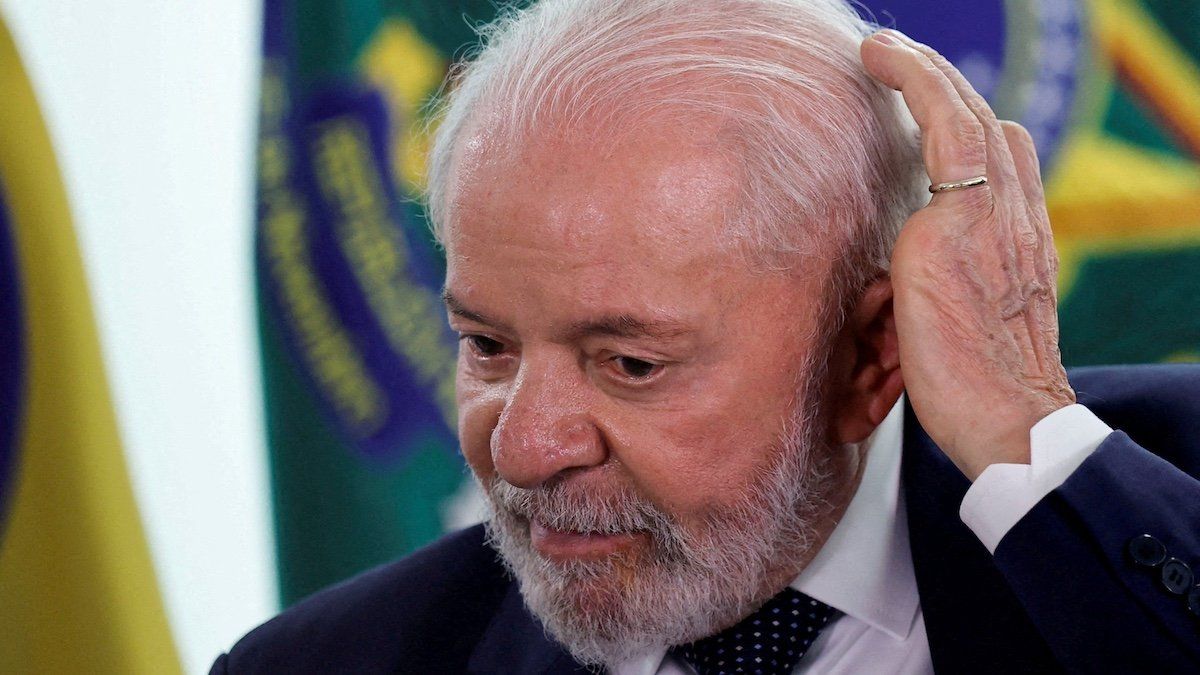Brazil’s Lula goes under the knife. Is he healthy enough to run again?
On Tuesday, Brazilian President Luiz Inácio Lula da Silva underwent a successful craniotomy in Sao Paolo after complaining of a severe headache. The 79-year-old leader was diagnosed with an intracranial hemorrhage — basically, bleeding in the brain — linked to a fall he suffered in October. He is said to be recovering well and is expected to be able to return to work next week — but the health scare is opening questions about his political future.
Can Lula keep a healthy image? On the campaign trail, he often joked that he had the energy of a 30-year-old, but his vitality will now loom large in public discourse. Running Latin America’s largest country is a stressful, 24/7 job, and with elections looming in 2026, the politicos in Brasilia may start hearing echoes of Joe Biden.
Lula’s approval ratings are considerably higher than Biden’s were during the US campaign — Bloomberg has him at 47% approval — but in the anti-establishment environment that has dominated elections in 2024, the old warhorse might do better out to pasture. That said, most presidents don’t get elected without a healthy ego, and no one expects Lula to see himself out.
Who could step in? If Lula should experience further health problems that lead him to step down before the end of his term, Vice President Geraldo Alckmin would be his constitutional successor, but not a member of Lula's party or popular with his base. Longer term, we’re watching Finance Minister Fernando Haddad, a close ally of Lula’s who is rumored to be the president’s favorite for a running mate in 2026.